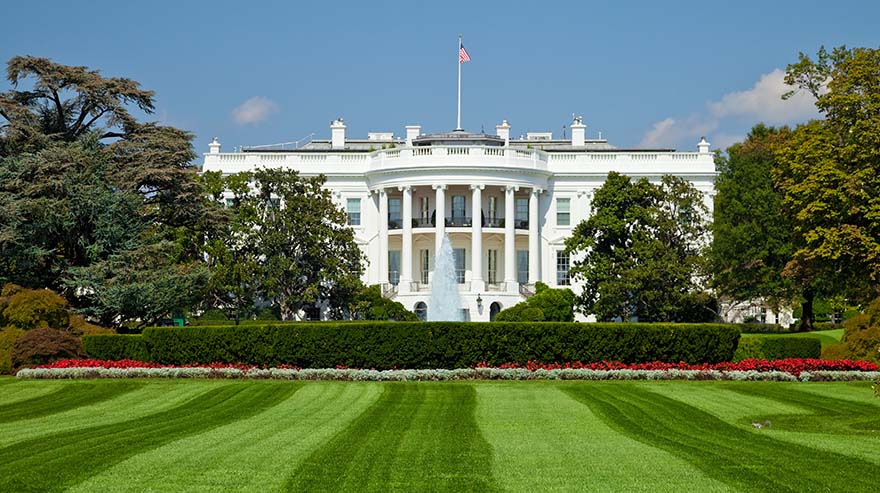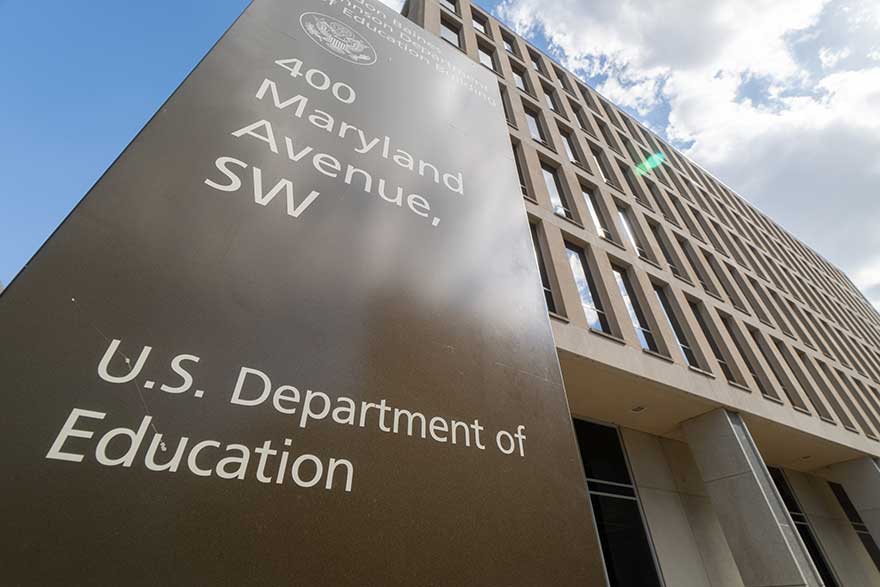About the Government Affairs Updates series
As the federal policy landscape continues to shift rapidly, potential impacts on higher education, and Metropolitan State University of Denver in particular, are top-of-mind. MSU Denver’s Government Affairs office, in partnership with experts from across the University, is providing timely, transparent and clear information through this series of Q&A Early Bird articles. Visit the Government Affairs website for more information and updates.
The Trump administration’s fiscal 2026 budget proposal calls for a reduction of 23%, or $163 billion, in nondefense discretionary spending from 2025, targeting for cuts a wide range of programs that support education, health care and research. While the proposal faces opposition in Congress and is unlikely to become law in its current form, the scope of the suggested cuts could have lasting consequences for colleges and universities nationwide.
Q: What is included in the FY26 budget proposal, and how might it impact MSU Denver?
A: The “skinny budget” released by President Trump outlines proposed federal spending priorities for October 2025 through September 2026. While it is not law until passed by both chambers of Congress and signed by the president, the proposal includes cuts to education. Key programs facing elimination under the current proposal include TRIO, GEAR UP, Federal Work-Study, Supplemental Educational Opportunity Grants and grants such as Strengthening Institutions and the Fund for the Improvement of Postsecondary Education. These programs play a vital role in supporting first-generation and low-income students, populations central to the University’s mission.
It’s not unusual for Republican administrations to propose cuts to higher education. But the depth and breadth of these cuts would be historically significant if enacted.
Q: Will these cuts really happen?
A: Most likely not as proposed. The House of Representatives has shown some alignment with the administration’s goals, but the Senate, which tends to reflect broader, statewide interests, may object, especially as cuts begin to affect constituents. The public often agrees in theory with reducing government. When cuts target widely used programs like federal financial aid, which are important to both red and blue states, support starts to erode.
That said, one should still expect some major cuts to higher education. Congress must finalize the FY26 budget by Sept. 30 to avoid a shutdown.
Q: Is MSU Denver prepared for possible funding losses?
A: Yes, with caution. MSU Denver continues to advocate against harmful reductions and emphasize the importance of these programs to student success.
While direct federal research funding accounts for less than 3% of MSU Denver’s operating budget (roughly $3 million to $5 million annually), the University is taking the prospect of broader cuts seriously and assessing potential impacts.








